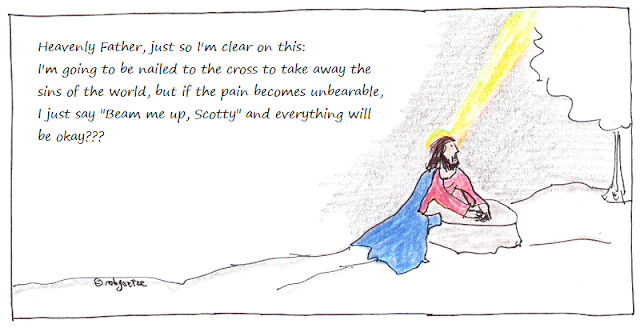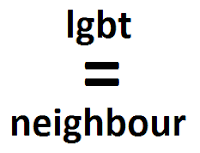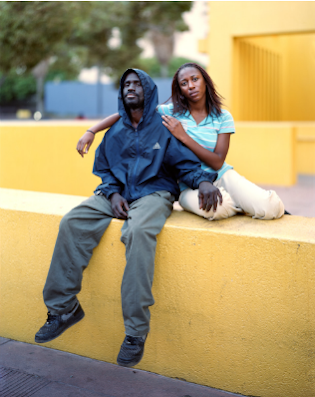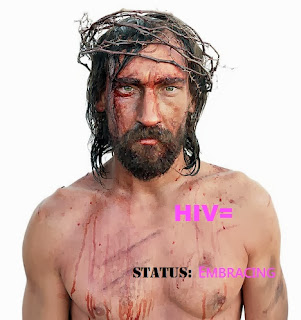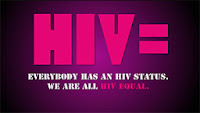From my company's Christmas e-card Generator, with a message from me:
p.s. because we just merged with another company, I have no idea who is in charge of this...
p.p.s. Found out who designed the e-card generator. He told me the name of the graphic designer, who is in another country. I emailed the following to her on December 5th.
Hi _____:
I emailed _____ yesterday about the great e-card generator
that he built. I really like the interface – easy to use, and fresh compared to
the usual e-card sites.
The graphic design, which I understand you created, looks
really sharp too – professional and yet warm and friendly. And the red
half-transparent triangle nicely ties in with the red that is common at
Christmas time too.
I do have a question. I’m with the new division, __________, in Canada. Our country is quite multi-cultural and in fact my own
family is multi-racial. I was wondering if you could provide a second choice of
graphic which, in terms of the people shown, better reflects our diversity?
Best regards,
Rob
* I welcome comments from readers on the card, the wisdom of writing (or not), the contents of my email, etc.


